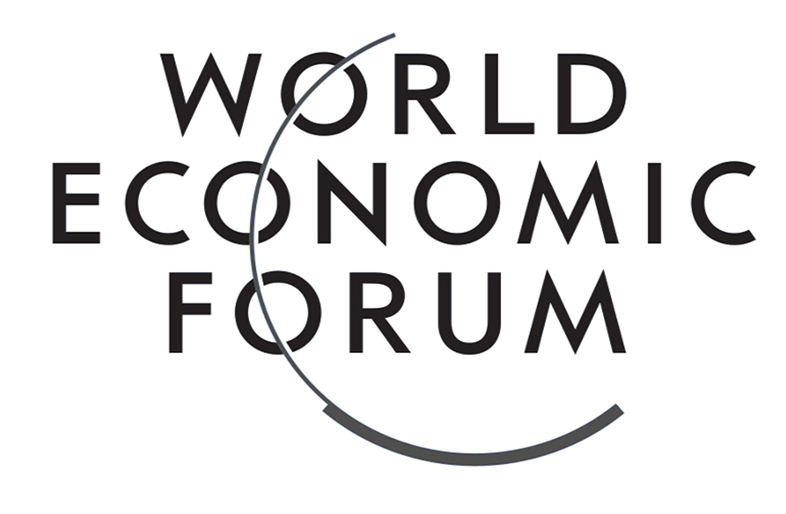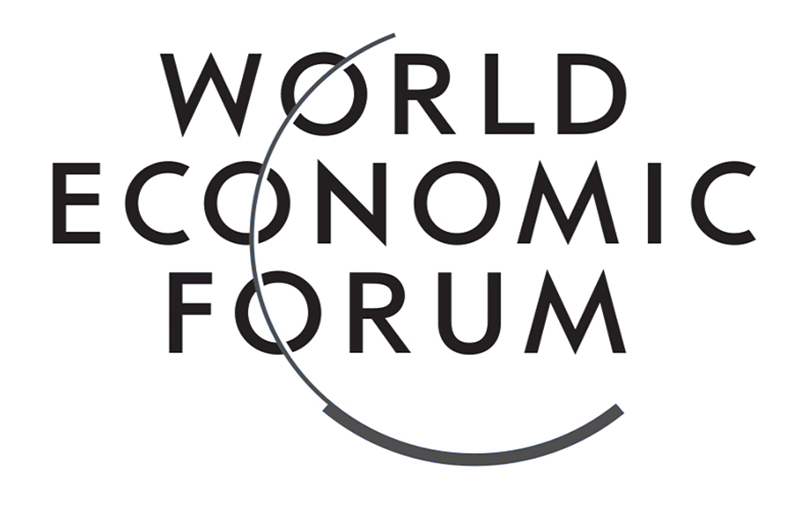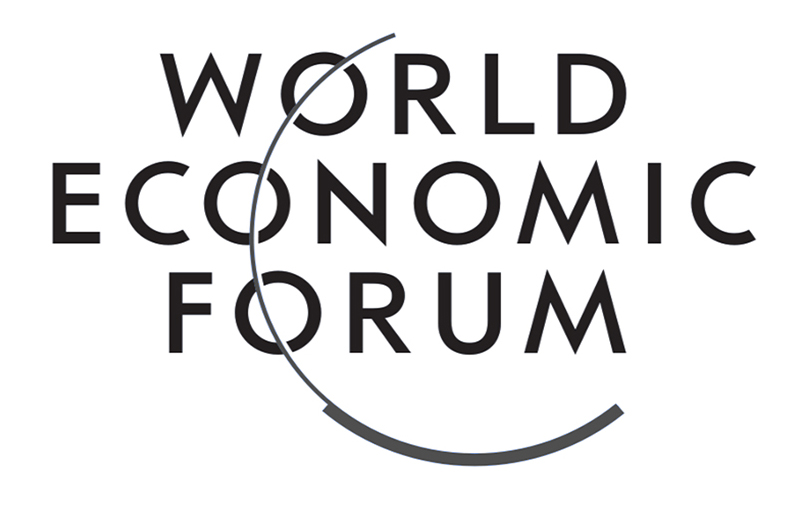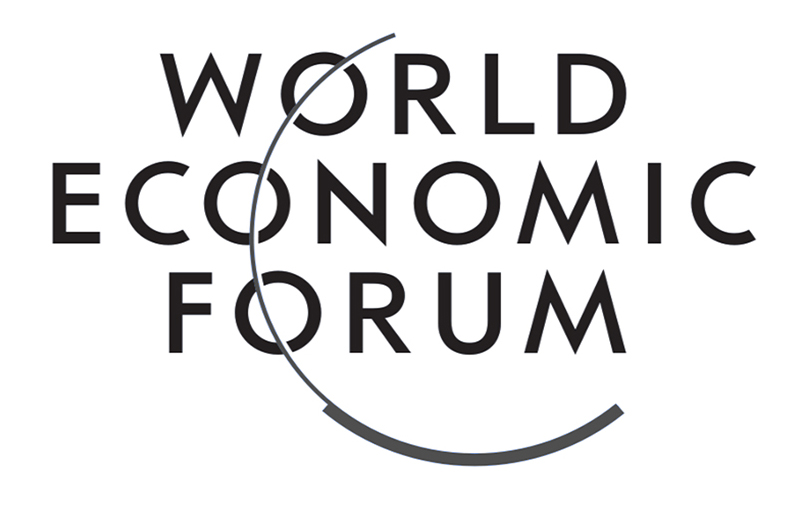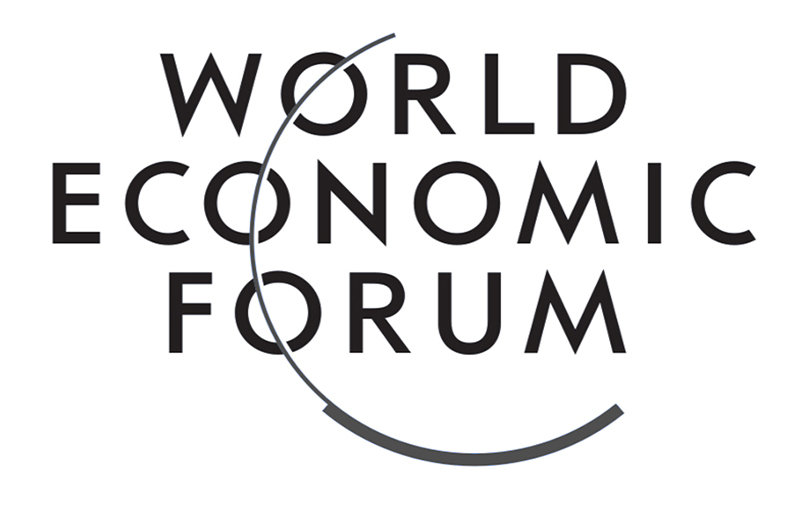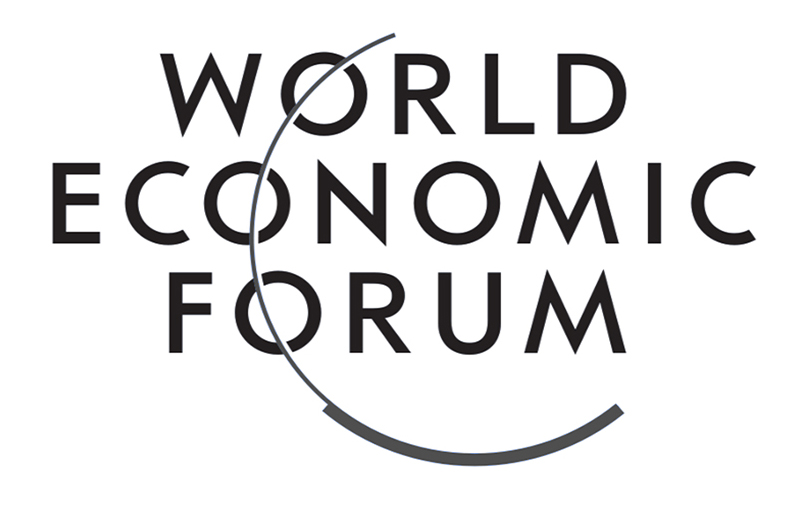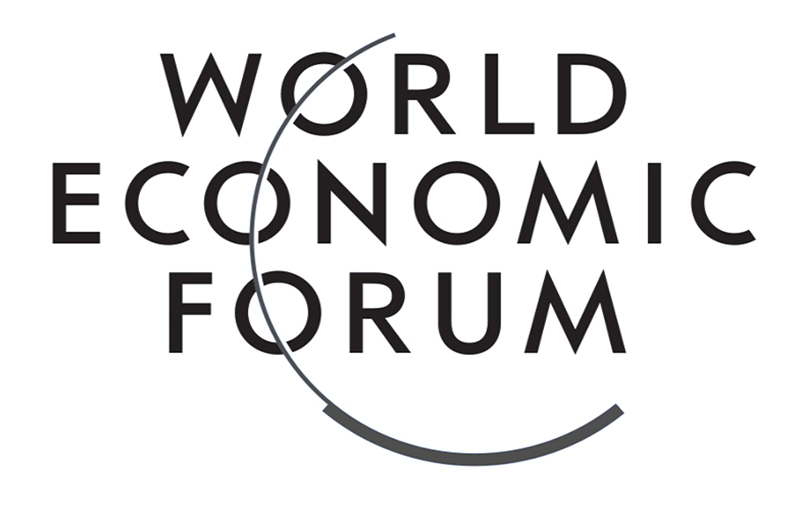Filters
Search Programme
Programme Categories
- Accessible Tourism ( 4 )
- Coronavirus (COVID-19) ( 10 )
- Economy ( 8 )
- Fashion ( 4 )
- Food & Beverage ( 1 )
- HOTREC ( 6 )
- Innovation and Entrepreneurship ( 2 )
- Law ( 1 )
- Policy Papers ( 4 )
- Reports ( 29 )
- Sustainability ( 4 )
- Tourism and Hospitality ( 3 )
- Trade and Development ( 7 )
- Transport and Mobility ( 2 )
The rapid spread of digital technologies is transforming many economic and social activities. However, widening digital divides threaten to leave developing countries, and especially least developed countries, even further behind.
The Digital Economy Report, formerly known as the Information Economy Report, monitors trends and policies related to access, use and impact of digital technologies from a development perspective. It informs development stakeholders in developing countries and provides guidance to policymakers.
Published every other year, this flagship Report is recognized as an authoritative source of data related to ICT, e-commerce and the digital economy, and analysis of their implications for trade and development.
The Report is prepared in close collaboration with external experts and organizations, including e-commerce associations, the ITC, ITU, UNCITRAL, UN regional commissions, UPU, World Information Technology and Services Alliance, WTO and World Bank.
The Digital Economy Report, formerly known as the Information Economy Report, monitors trends and policies related to access, use and impact of digital technologies from a development perspective. It informs development stakeholders in developing countries and provides guidance to policymakers.
Published every other year, this flagship Report is recognized as an authoritative source of data related to ICT, e-commerce and the digital economy, and analysis of their implications for trade and development.
The Report is prepared in close collaboration with external experts and organizations, including e-commerce associations, the ITC, ITU, UNCITRAL, UN regional commissions, UPU, World Information Technology and Services Alliance, WTO and World Bank.
- 0
- 0
The 16th edition of the World Economic Forum’s Global Risks Report analyses the risks from societal fractures—manifested through persistent and emerging risks to human health, rising unemployment, widening digital divides, youth disillusionment, and geopolitical fragmentation. Businesses risk a disorderly shakeout which can exclude large cohorts of workers and companies from the markets of the future. Environmental degradation—still an existential threat to humanity—risks intersecting with societal fractures to bring about severe consequences. Yet, with the world more attuned to risk, lessons can be drawn to strengthen response and resilience. In 2020, the risk of a pandemic became reality. As governments, businesses, and societies grapple with COVID-19, societal cohesion is more important than ever.
- 0
- 0
The Global Competitiveness Report series has since its first edition aimed to prompt policy-makers beyond short term growth and to aim for long-run prosperity. The 2020 special edition is dedicated to elaborating on the priorities for recovery and revival, and considering the building blocks of a transformation towards new economic systems that combine “productivity”, “people” and “planet” targets.
- 0
- 0
The Future of Jobs report maps the jobs and skills of the future, tracking the pace of change. It aims to shed light on the pandemic-related disruptions in 2020, contextualized within a longer history of economic cycles and the expected outlook for technology adoption, jobs and skills in the next five years.
- 0
- 0
Diagnostics are essential to the healthcare system. They are the cornerstone of precision medicine, enabling the customization of medical decisions and treatments. They predict susceptibility to disease, provide diagnoses and determine responsiveness to therapy. High-quality diagnostic technologies are available for major diseases and injuries in most developed countries but are not accessible, affordable or designed for application in many low- and middle-income countries (LMICs). This report considers the barriers and enablers of the implementation, adoption and effectiveness of diagnostics. It offers possible solutions for application in LMICs, and in industrialized countries. The report aims to serve as an educational tool for health professionals, entrepreneurs, policy-makers and the general public on the ways in which diagnostics and their practices can be leveraged for better global human health.
- 0
- 0
The approval of several COVID-19 vaccines in late 2020 has brightened public health and economic prospects for 2021. Yet, prior to the onset of the pandemic, the global economy already had a fragile growth outlook, with social tensions over the evident polarization of economic outcomes and high levels of uncertainty. At this critical juncture, policymakers need to look beyond reviving the old economy and instead shift towards a thriving global economy—where growth is revived, social justice more fully realized, and the climate crisis averted.
Based on consultations and surveys with the World Economic Forum’s Community of Chief Economists, this edition of the quarterly Chief Economists Outlook lays out the key drivers shaping the current context, the policy pathways that could shape the global economy this year, and the resulting expected outlook for 2021.
Based on consultations and surveys with the World Economic Forum’s Community of Chief Economists, this edition of the quarterly Chief Economists Outlook lays out the key drivers shaping the current context, the policy pathways that could shape the global economy this year, and the resulting expected outlook for 2021.
- 0
- 0
The COVID-19 pandemic has accelerated the shift to digital technologies, along with the adoption of digital tools and skills that have given us greater flexibility and resilience to deal with future risks and uncertainties. 5G has a crucial role to play in the new era, connecting data which can personalize and anticipate our needs better than ever before. At a time when we need a resurgence of economic growth, this third and final paper in the 5G Outlook Series outlines the specific opportunities that can be grasped to ensure 5G fulfils its role as a premier-enabling technology that benefits people, business and society.
- 0
- 0
Cities cover 3% of the earth’s land surface yet they create more than 70% of all carbon emissions. To keep global temperature increases to 1.5°C or below, cities have to achieve net-zero. This report provides a global framework and recommends an integrated energy approach, defined as “systemic efficiency”, as a solution to the current environmental, economic, health and social crises. Systemic efficiency encompasses clean electrification, smart digital technology, and efficient buildings and infrastructure, along with a circular economy approach to water, waste and materials. By taking a holistic approach, cities have an opportunity to boost their resilience to withstand a range of potential future climate- and health-related crises.
- 0
- 0

